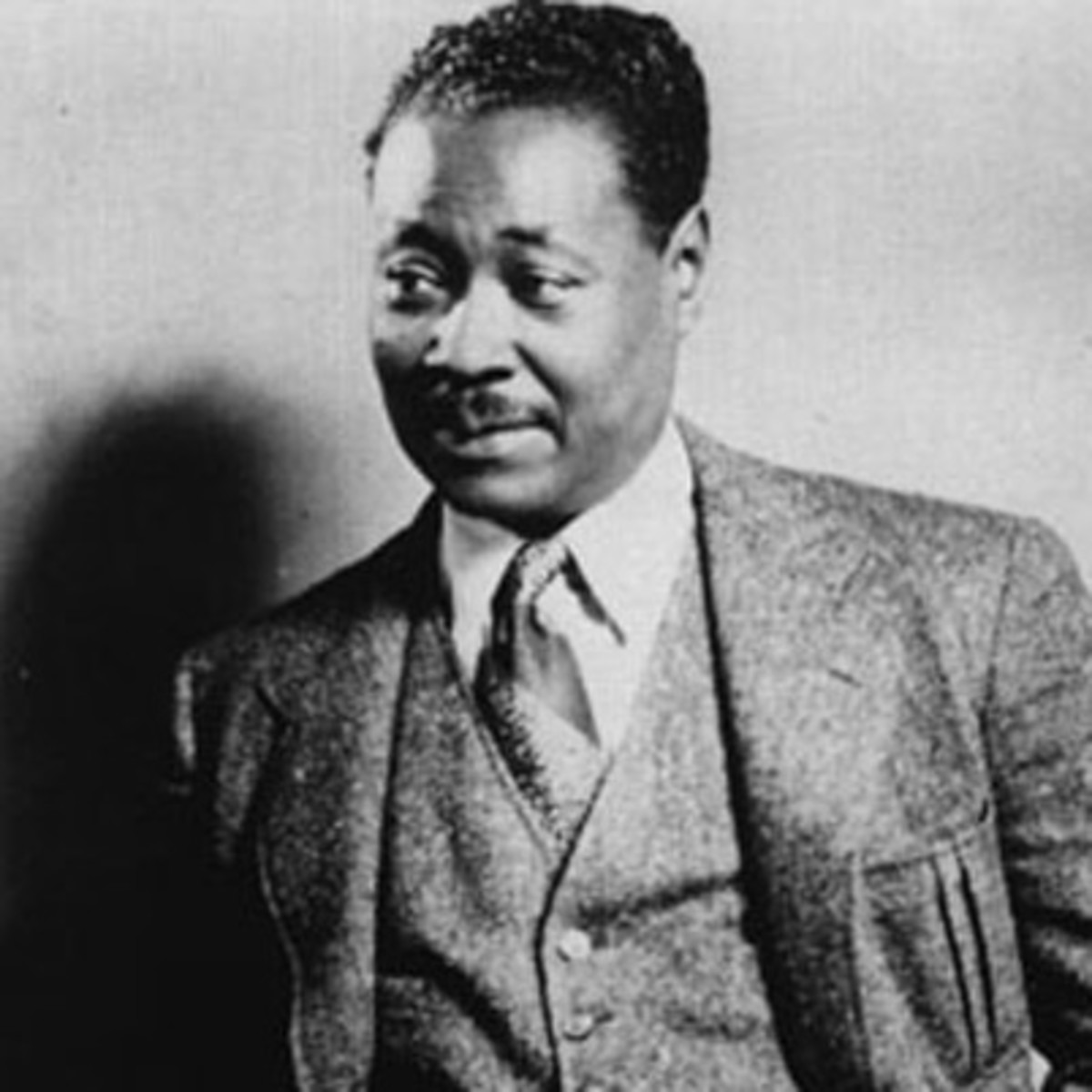Last night I heard your voice, mother,
The words you sang to me
When I, a little barefoot boy,
Knelt down against your knee.
And tears gushed from my heart, mother,
And passed beyond its wall,
But though the fountain reached my throat
The drops refused to fall.
'Tis ten years since you died, mother,
Just ten dark years of pain,
And oh, I only wish that I
Could weep just once again.
Published:
1921
Length:
Shorty
Literary Movements:
Harlem Renaissance
Anthology Years:
2022
Themes:
Death & Loss
Family
Literary Devices:
Apostrophe
an exclamatory passage in a speech or poem addressed to a person (typically one who is dead or absent) or thing (typically one that is personified)
End Rhyme
when a poem has lines ending with words that sound the same
Imagery
visually descriptive or figurative language, especially in a literary work
Metaphor
a comparison between two unrelated things through a shared characteristic
Personification
the attribution of human qualities to a non-human thing
Repetition
a recurrence of the same word or phrase two or more times

